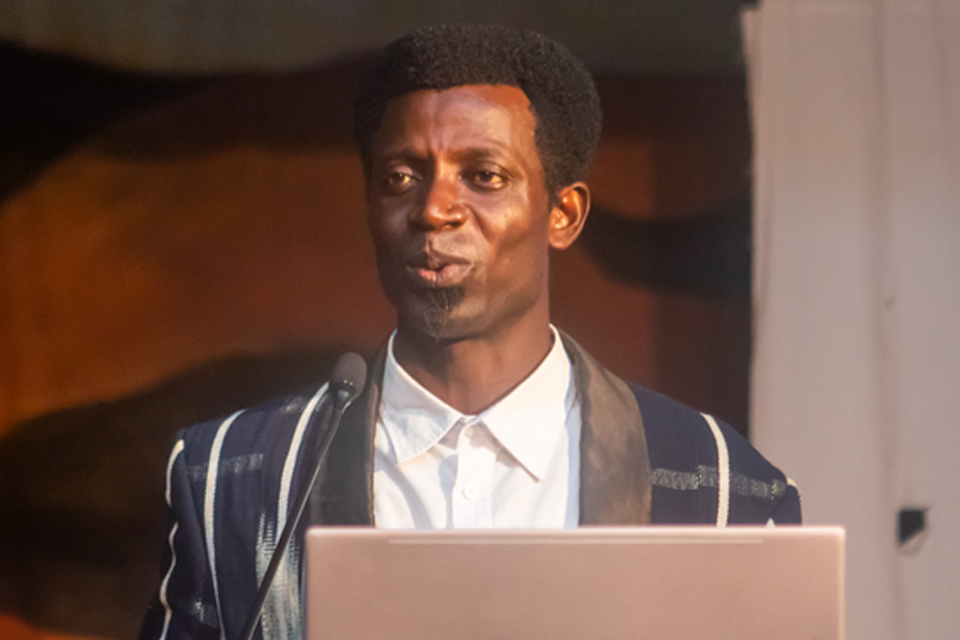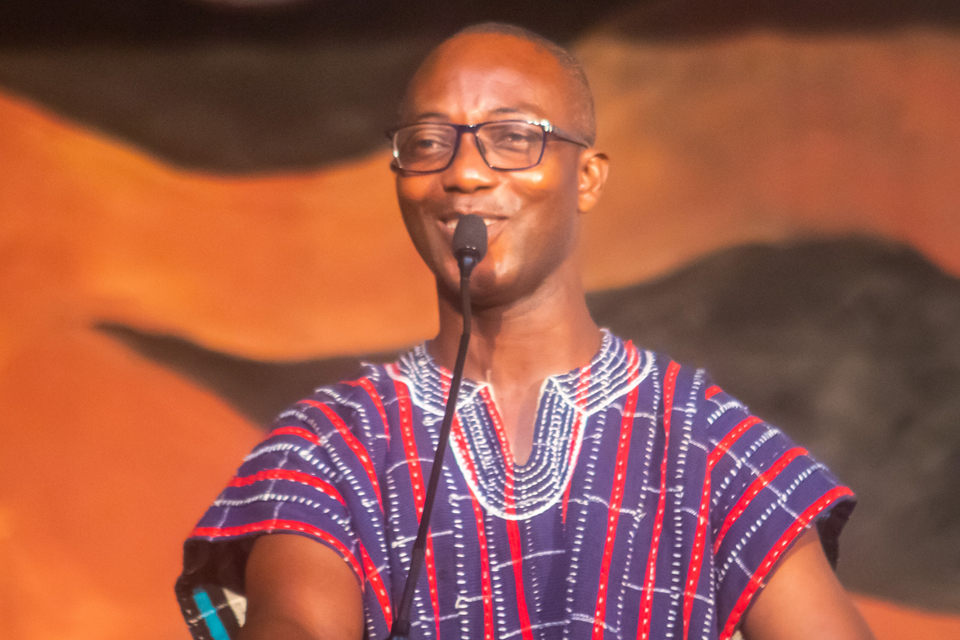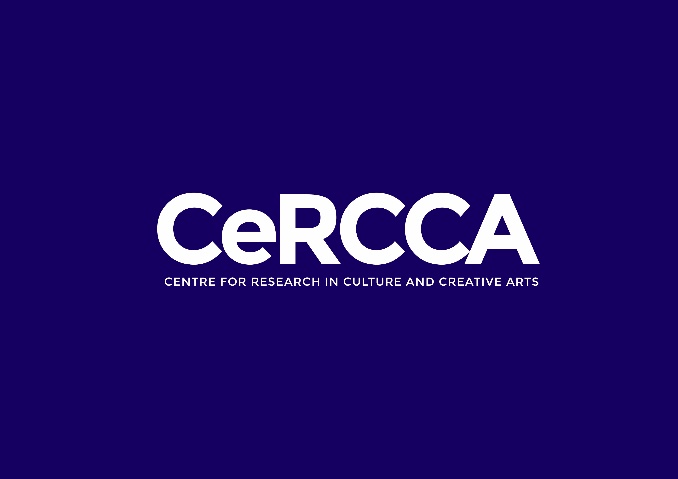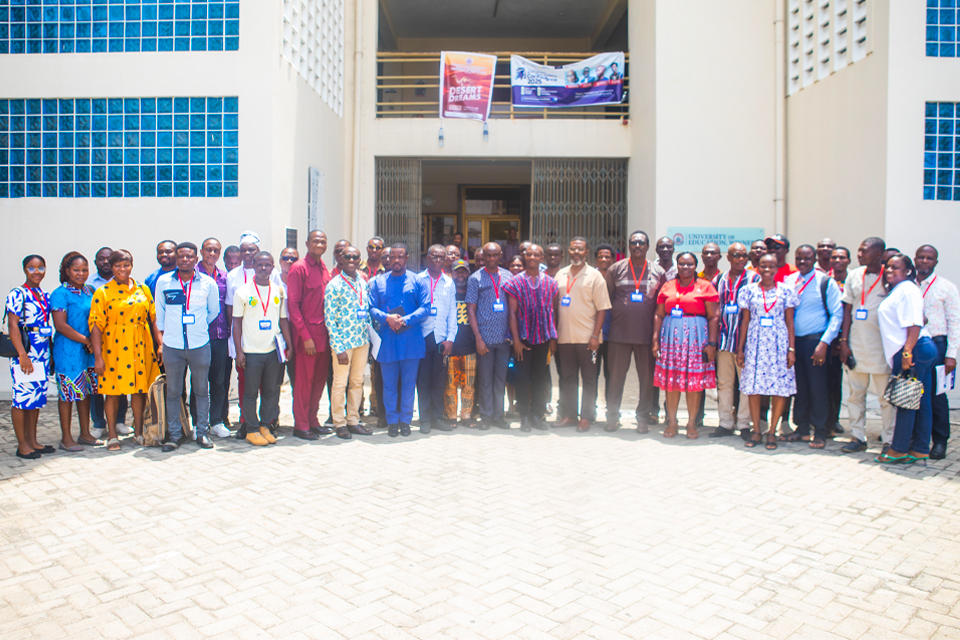UEW Hosts Transformative Conference on AI and Creative Arts

The University of Education, Winneba (UEW) has successfully concluded the 2025 Creative Arts and Culture Conference, which focused on the theme, “Re-imagining Creative Arts and Culture in a Changing World”.
The three-day event brought distinguished scholars, artists, and researchers to explore the intersection of artificial intelligence (AI) and creative arts.

Delivering the closing keynote address, Prof. Osuanyi Quarcoo Essel, Director of the Centre for Research in Culture and Creative Arts (CeRRCA) at UEW, underscored the need to embrace AI as a collaborator rather than a threat to creativity. He highlighted the ongoing debate surrounding AI’s role in the creative arts, acknowledging both its advantages and potential drawbacks.
"AI has come to stay. Resistance is not a solution; we need to redirect its use to benefit our work," he stated. Prof. Essel elaborated on AI’s potential to revolutionise art education, research dissemination, and cultural preservation. He pointed out that AI could enhance creative expression, automate labour-intensive tasks such as transcription and translation, and facilitate personalised learning experiences. He also underscored the ethical concerns surrounding AI, including data bias, job displacement, and cultural misrepresentation.
Prof. Essel advocated leveraging AI to digitise and preserve cultural heritage, develop virtual museums, and create AI-enhanced artistic works rooted in African narratives. He also urged institutions like UEW’s School of Creative Arts to explore AI-powered tools for research visibility and collaboration, emphasising that AI must remain an assistive tool rather than a replacement for human creativity.

Prof. Emmanuel Obed Acquah, Dean of the School of Creative Arts (SCA), commended participants for their active engagement in discussions on AI and creative arts. He noted that the conference recorded over 70 abstracts and saw robust participation, a testament to the growing interest in integrating technology into artistic and cultural disciplines.
Prof. Acquah announced plans to organise a series of workshops to equip faculty members and students with AI skills. "We will convene an emergency meeting with heads of department to plan structured training sessions for staff and graduate students. We want to ensure that our academic community is well-equipped to harness AI for research and artistic expression," he stated.
He also called on creative arts practitioners to actively produce and showcase their works, emphasising that an artist's legacy is defined by their contributions. "We talk about great artists because of their works. Let us create and document our artistic contributions for the world to see," he urged.

The conference concluded with a renewed commitment to fostering interdisciplinary collaboration and innovation in the creative arts. Participants left the conference with a clear mandate to integrate AI into their academic and artistic pursuits while maintaining ethical and cultural integrity.
As UEW continues to champion excellence in creative arts education, the 2025 conference has laid a solid foundation for ongoing discourse on the evolving role of AI in shaping artistic and cultural landscapes.












